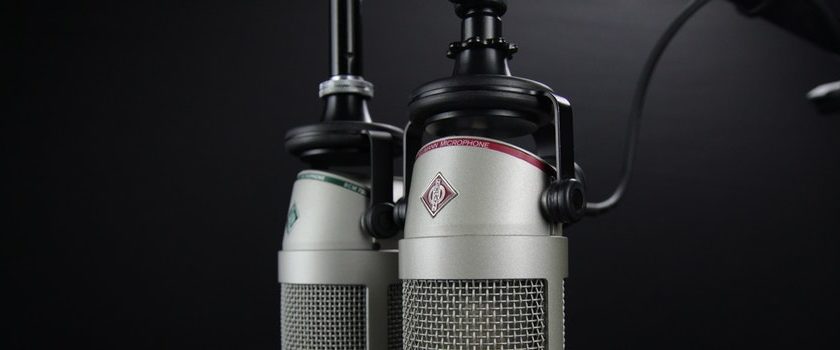Blog
Telepsychiatry: Dr John Hillery and Dr Bobby Smyth on RTÉ Radio One, Drivetime
- September 18, 2018
- Posted by:
- Category: Blog College in the media External Affairs & Policy Government Policy Of interest from media Stakeholders Uncategorized

Dr John Hillery, Consultant psychiatrist and President of the College of Psychiatrists of Ireland, and Dr Bobby Smyth, a consultant child and adolescent psychiatrist in the HSE discuss Telepsychiatry on RTÉ Radio One, Drivetime with Mary Wilson.
Psychiatric services are under pressure and waiting lists are growing. Mary Wilson asks could digital technology be part of the answer to improving services?
Telemedicine has been around for many years and at its most basic level it encompasses a lot of things that doctors currently use today; telephone, email, and teleconferencing to meet with other people. What telepsychiatry proposes is using a television link to see someone who is at a distance in order to examine and interact with them and hopefully come to a diagnosis and a treatment plan.
“You can be a few 100 miles away from someone and still deliver a service” says Dr John Hillery.
Dr Bobby Smyth worked in Brisbane, Australia, providing clinical support through telepsychiatry to child mental health teams hundreds of miles away.
“It worked a lot better than I thought. It made little difference that I wasn’t physically in the room with the patient because there was a mental health professional sitting beside them during the assessment.”
He stated that it is very important for another mental health professional, so a psychiatric nurse, an occupational therapist, or a social worker, to be present in the room with the patient during the telepsychiatry consultation to ensure they can pick up on anything that may be missed over teleconference, for example if the patient becomes upset or teary. This, Dr Hillery stressed, requires having more staff, and there is already an issue with recruitment and retention of these professionals in Ireland.
Minister Jim Daly has said he intends to begin telepsychiatry pilot projects in Ireland. We know from research in the US that it can be useful. Yet there are concerns, and clariy is needed to know how it will work in Ireland.
Dr Hillery also highlighted that no matter what technology is used to help individuals, specialists are still needed to assess people. The country is still going to need more staff and funding with a focus on recruitment and retention. Other resources are also needed such as a digital record system for easier access to notes even in remote places.
Dr John Hillery and Dr Bobby Smith attended the Changing Direction Conference in Dublin on Monday 17th September. The aim of the conference was to explore the potential utilisation of digital technologies in Irish Mental Health Services, you can read more about it here.
